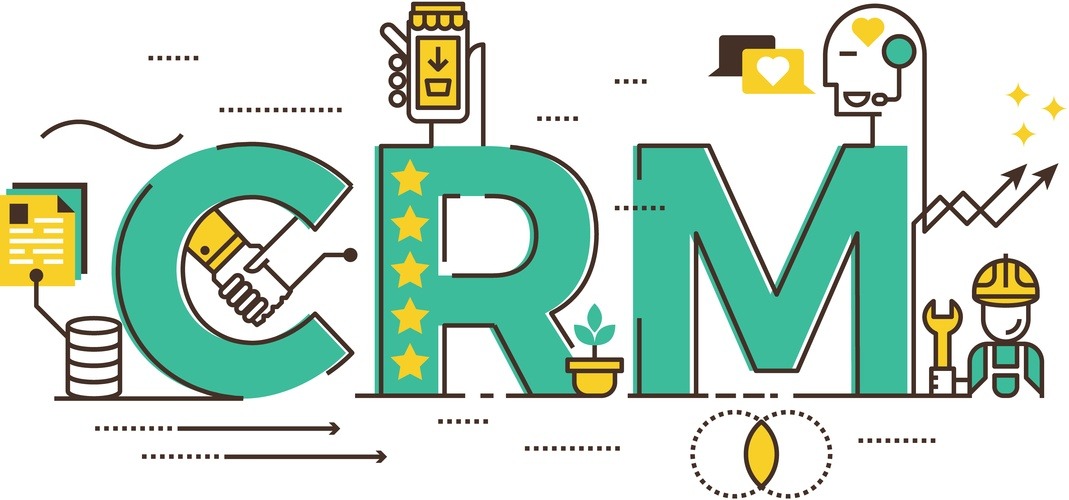CRM software was originally designed to help businesses build and maintain relationships with new and existing customers. Since then, CRM software has evolved from a simple contact management system into a robust tool that helps users manage sales, marketing, point-of-sale (POS), accounting, vendor and other types of operational data, all in one easily accessible solution.
From a growth standpoint, CRM is used to find leads, follow up with prospects and nurture them through the sales pipeline. CRM is also used to maintain customer loyalty by storing key information to boost sales – for instance, by personalizing the experience and providing excellent customer support.
Here is our 2018 guide on how to choose the right CRM software for your business.
How much does CRM software cost?
The cost of CRM software varies greatly. Vendors typically use a subscription-based pricing model, which can depend on a variety of factors, such as the number of users and the types of features available.
You can generally expect to pay on a per-user, per-month basis. Some vendors charge a flat monthly fee for a set number of users, but require larger packages or extra fees for additional users. Pricing can range from $10 per user per month to thousands of dollars per month, depending on your business’s unique needs.
Don’t have a budget for CRM software? Or maybe you’re not sure that CRM software is right for your business, but would like to see what it has offer. Many vendors offer free trials of their software. There are also free versions of popular CRM software; some are full-featured but limit the number of users or records, while others offer only the bare-minimum capabilities.
What features should you look for in CRM software?
CRM doesn’t just keep your contacts organized – it offers a bevy of tools to help you boost sales and execute more effective marketing campaigns. These include:
Lead management and sales. Find new customers by automatically generating leads from various sources like social media, website visitors, inbound calls, newsletter sign-ups and more. Follow up with leads automatically with preset emails and tasks, or contact them directly yourself. CRM can nurture prospects all the way through the entire sales pipeline, from lead generation to closing the sale. Additionally, many CRM allow users to create and store sales quotes and track invoices.
Marketing. Many CRM solutions have built-in marketing tools, including email templates, email marketing pipelines, SMS messaging and lightweight project management tools. Some even offer competition tracking and sales forecasting capabilities.
E-commerce. Some high-level CRM software has built-in e-commerce functionality, while many other products allow for easy ecommerce integration, either by accessing the API or by using a third-party service.
Reports/dashboards. Most CRM software includes some reporting functionality, and many of the higher end products sport live dynamic dashboards. Make sure any exporting or importing needs you have (for instance, transferring information to and from Excel or Quickbooks) are compatible with a system you choose.
Call center. Most low-cost CRM products do not have call center capabilities, but there are third-party integrations available to link call center software with CRM software. However, if a call center is central to your business, it may be worthwhile to adopt a CRM with full call center features.
Workflows/approvals. Project management is an important aspect of any CRM. Most high-quality CRM have built-in workflows and checkmark style approvals that help with task management and organization. However, the extent to which these project management tools are customizable varies from products to product, so if you require a specific workflow step or approval process, make sure it is achievable with the product you choose.
Questions to ask when evaluating CRM software
There are many different types of CRM software available, so choosing the right one is key to making it work for your business. Here’s what small business owners advise asking potential vendors:
- Is it built for small business?
- What is the implementation process like and how much technical assistance is included?
- How easy is it to use? Can I easily train employees?
- Are there any user minimums?
- How easy is it to integrate with other solutions I already use?
- What is the total cost of the software? Are there any setup or additional fees? What if I need to add more users or integrations?
- Is the API accessible?
- What type of security features are built-in?

